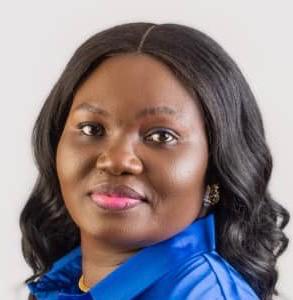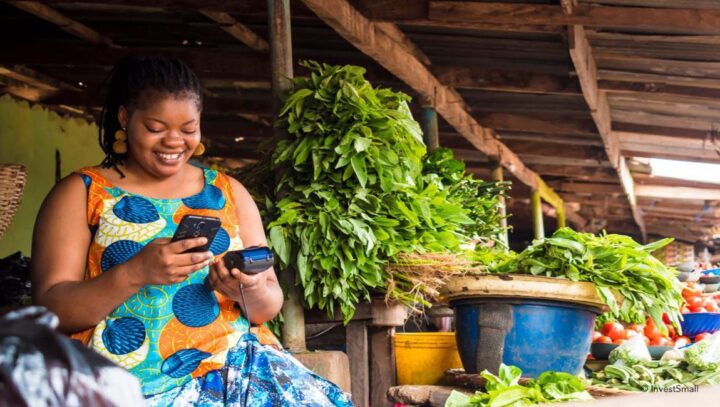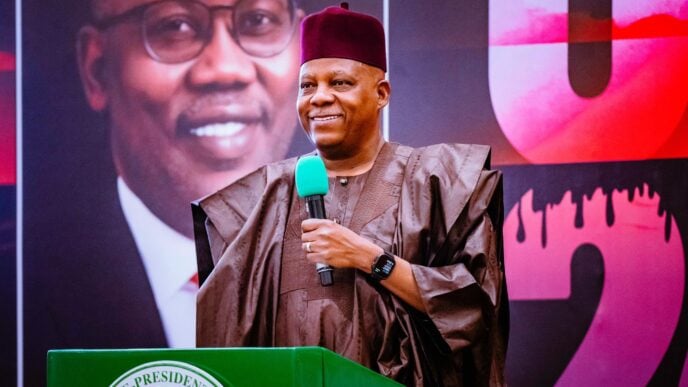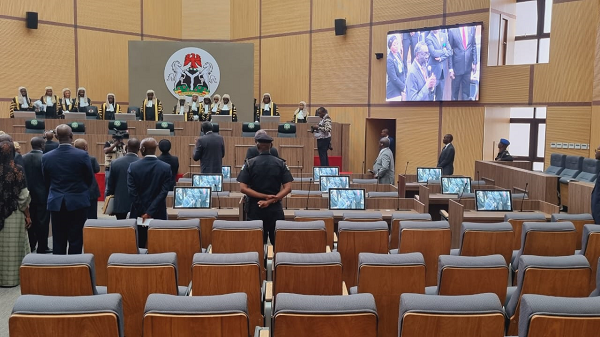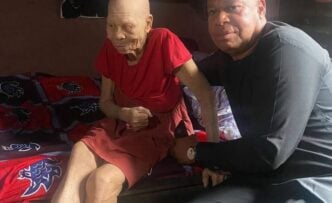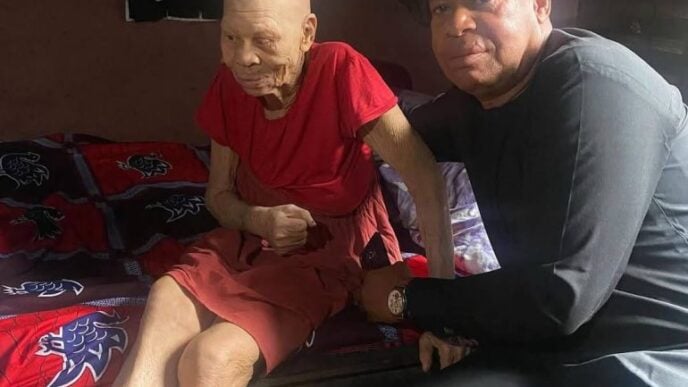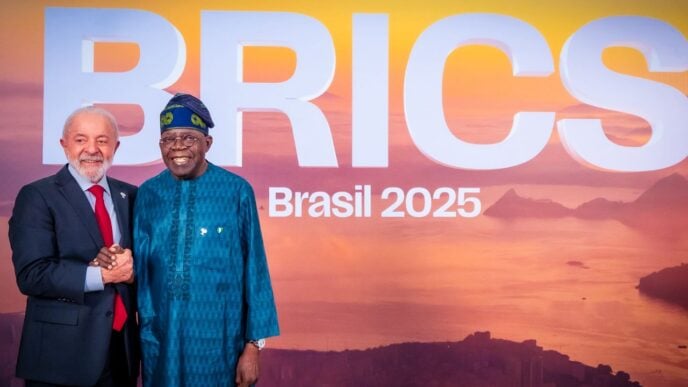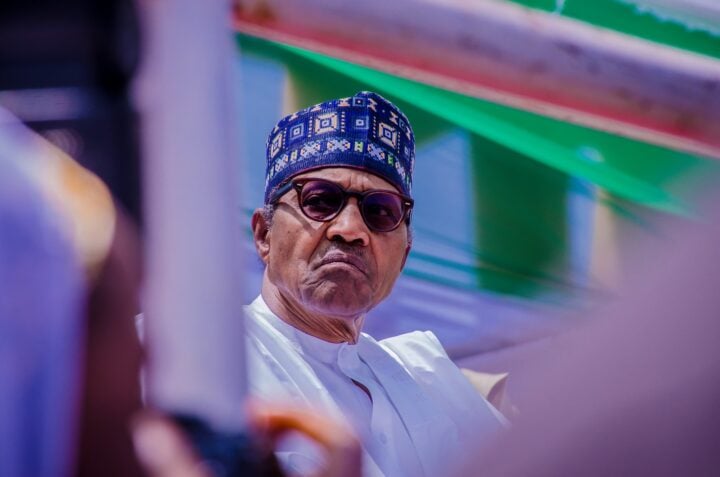Take a stroll through the lively streets of Uyo, peek into the crowded markets of Benin City, or watch the busy ports of Port Harcourt, and you’ll quickly see that the South-South region of Nigeria pulses with entrepreneurial spirit. With six richly blessed states — Akwa Ibom, Bayelsa, Cross River, Delta, Edo, and Rivers — and a population hovering around 21 million, this region stands tall as one of Nigeria’s economic powerhouses. Oil wells dot its landscape, fertile soil supports diverse crops, and its people are industrious and vibrant. Yet, despite all this promise, countless Micro, Small, and Medium Enterprises (MSMEs) here are stuck in a frustrating cycle: plenty of hustle, but not enough sustained growth.
It’s a curious paradox. MSMEs are everywhere you look, powering local economies, creating jobs, and showcasing the creativity of our people. From cassava processors in Yenagoa to furniture makers in Asaba, they form the backbone of commerce. Yet many of these enterprises are like solitary boats trying to navigate choppy economic waters alone, often capsizing under waves of high operating costs, limited market reach, poor access to finance, and tough competition.
Clearly, it’s time to rethink how business is done in the South-South. Instead of each MSME struggling on its own, what if we tapped into something we already have in abundance — our deep-rooted sense of community, shared culture, and inherent trust? This is exactly where the One Kindred One Business Initiative (OKOBI), currently thriving in the South-East, offers an inspiring blueprint for us. OKOBI could be the game-changer that transforms individual battles for survival into a collective march toward prosperity.
Imagine channelling the same kinship ties that make us dance together at weddings, support one another during harvest festivals, or rally around bereaved families, and using them to build business alliances. In the South-South, communal bonds run deep. The Efik and Ibibio of Akwa Ibom and Cross River, the Ijaw, Urhobo, Itsekiri, Isoko of Delta and Bayelsa, and the Bini people of Edo — all have rich histories, vibrant cultures, and strong internal trust. Why not convert these existing networks into economic engines by forming what we might call “business clans”?
Advertisement
Right now, many MSMEs in our region operate in isolation, each business trying to source raw materials at premium prices, struggling to afford modern tools, and barely able to market beyond the next street. Valuable knowledge about new techniques, packaging standards, or export opportunities often stays trapped within single shops or family compounds. It’s no wonder many MSMEs stagnate or collapse within a few years.
But now, picture clusters of businesses organised by kindred or language group, working hand-in-hand. The bedrock of this approach is trust — something often elusive in broader business dealings but naturally strong within cultural or kinship ties. Trust reduces the need for cumbersome contracts or collateral and cuts down the costs of doing business together. When people speak the same language, share similar customs, and often know each other’s grandparents, it becomes easier to collaborate, share risks, and hold each other accountable.
Take an Ijaw community, for example, where small cassava processors jointly purchase a high-capacity processing machine. Alone, none could afford it. Together, it becomes possible. They split maintenance costs, coordinate production schedules, and negotiate better deals with buyers. In the process, they also learn from one another, sharing tips on packaging, pricing, or new markets. The same could happen in an Efik fishing community, where traditional fishing knowledge and modern preservation techniques are discussed in the mother tongue over a communal meeting, making new ideas easier to grasp and adopt.
Advertisement
The magic doesn’t stop there. Joint procurement is a huge win. A cluster of furniture makers in Edo could band together to buy timber at wholesale prices, dramatically slashing their input costs. Textile producers across Urhobo communities might pool funds to send representatives to national trade fairs or launch a shared e-commerce platform, putting their colourful fabrics in front of customers across Nigeria and even abroad. Marketing and distribution, when tackled collectively, suddenly stretch far beyond what any single small shop could achieve.
Specialisation also thrives in this model. Instead of every MSME trying to be a jack-of-all-trades, roles could be divided: some businesses focus solely on production, others on branding or logistics. In a Delta farming community, one group could cultivate crops, another handle processing, and yet another specialise in getting products to markets in Lagos or Accra. This sort of interlinked value chain boosts efficiency, builds expertise, and ensures profits circulate within the community.
Access to finance — that perennial headache for MSMEs — also finds a refreshing solution here. Formal banks often shy away from small businesses, demanding collateral or years of formal records that most lack. However, group guarantees, peer lending, and collective savings schemes can flourish inside a trusted kindred or cultural cluster. Members trust each other enough to put their reputation on the line. This creates a pool of resources that can fund expansions, purchase new machinery, or tide businesses over during lean periods.
What emerges from all this is a path to sustained profitability. Costs drop, markets expand, product quality improves through shared learning, and businesses become more resilient. Even better, a collective brand identity rooted in cultural pride can command premium prices and attract loyal customers eager to support what feels authentic and communal.
Advertisement
Of course, for this grand vision to take flight, external support is critical. Governments, NGOs, and development agencies need to step up with training on cooperative management, financial literacy, and market intelligence. Business incubators should tailor their programs to respect cultural dynamics, mentoring entire clusters instead of isolated entrepreneurs. Legal protections can also help secure intellectual property and safeguard these collaborations from exploitation.
In the end, this is about more than just economics. It’s about proving that the ties that bind us socially — our shared dances, dialects, and values — can also drive our economic success. The OKOBI model shows that when we lean into who we are, we unlock prosperity that’s profitable and proudly our own. For the South-South, the message is clear: by working together, drawing strength from our heritage and trust, we can transform thousands of struggling MSMEs into a united force that thrives, grows, and builds lasting wealth for generations. Because here, together, truly is better.
David-Imeh is a visionary economist and humanitarian, empowers vulnerable Nigerians through food drives, IDP business training, and female farmer initiatives. She is the CEO of Hope Raisers Global Foundation and can be reached via +23480 320 11733 (WhatsApp) and [email protected]
Advertisement
Views expressed by contributors are strictly personal and not of TheCable.
